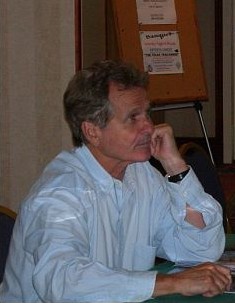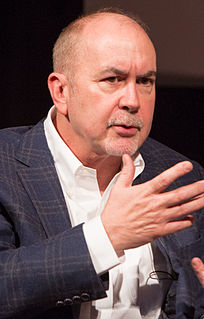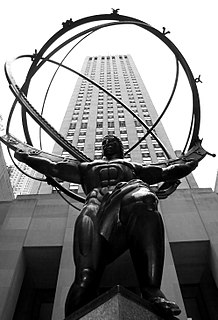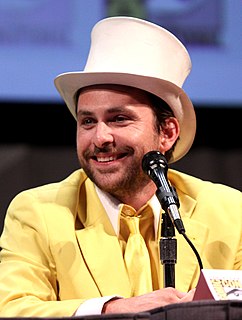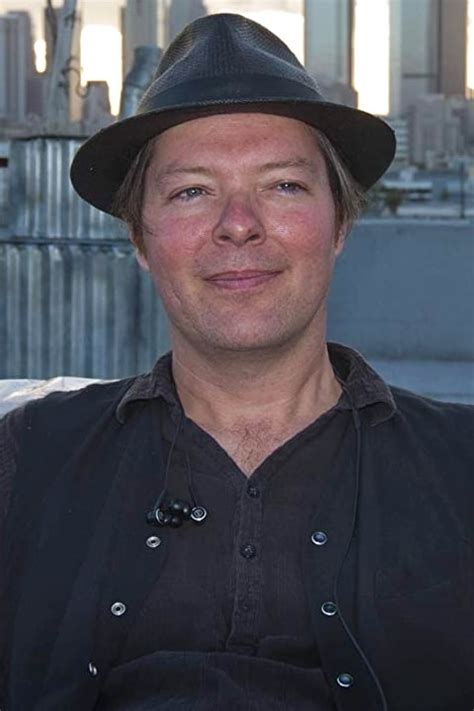A Quote by Emma Donoghue
I thought one way to try to hold on to the power was to write the script myself. That way, I could say to filmmakers, "I'm not asking you to hire me unseen. I'm just saying, 'Here's my script. Can we work together?'" So that worked out well.
Related Quotes
I always loved movies, but I never thought I would presume to be a screenwriter and definitely not a director. I spent a lot of time for no money trying to teach myself how to write a script. It always felt like everybody was looking the other way and sneaking that script through the system, but it did well later on video and got another chance.
When you try to be true to the script, changes occur. A script is there to show us a certain direction. But when you actually have the actors in and you start shooting the movie, you have the actor say a line and it doesn't sound right so you change it and make it different. It's the script that gives birth to these changes and the more you try to stay true to the script, the more that happens.
I was approached by the filmmakers. I didn't know much about the project ["Selling Isobel"], and the more we talked, the more they started to confide in me. I read the script and thought it was really interesting, and then a week later I discovered that this wasn't just any old script, this was actually Frida's [Farell] story and she was trusting me to tell it. I felt very privileged.
Eventually, when I got the 'Meadowland' script, I saw something in it that made me think I could make something special out of it, something that could work with my style. Emotionally, I connected to it. I thought, 'If I feel this way just imagining it, maybe we can make that happen on screen and make people feel something when they watch it.'

